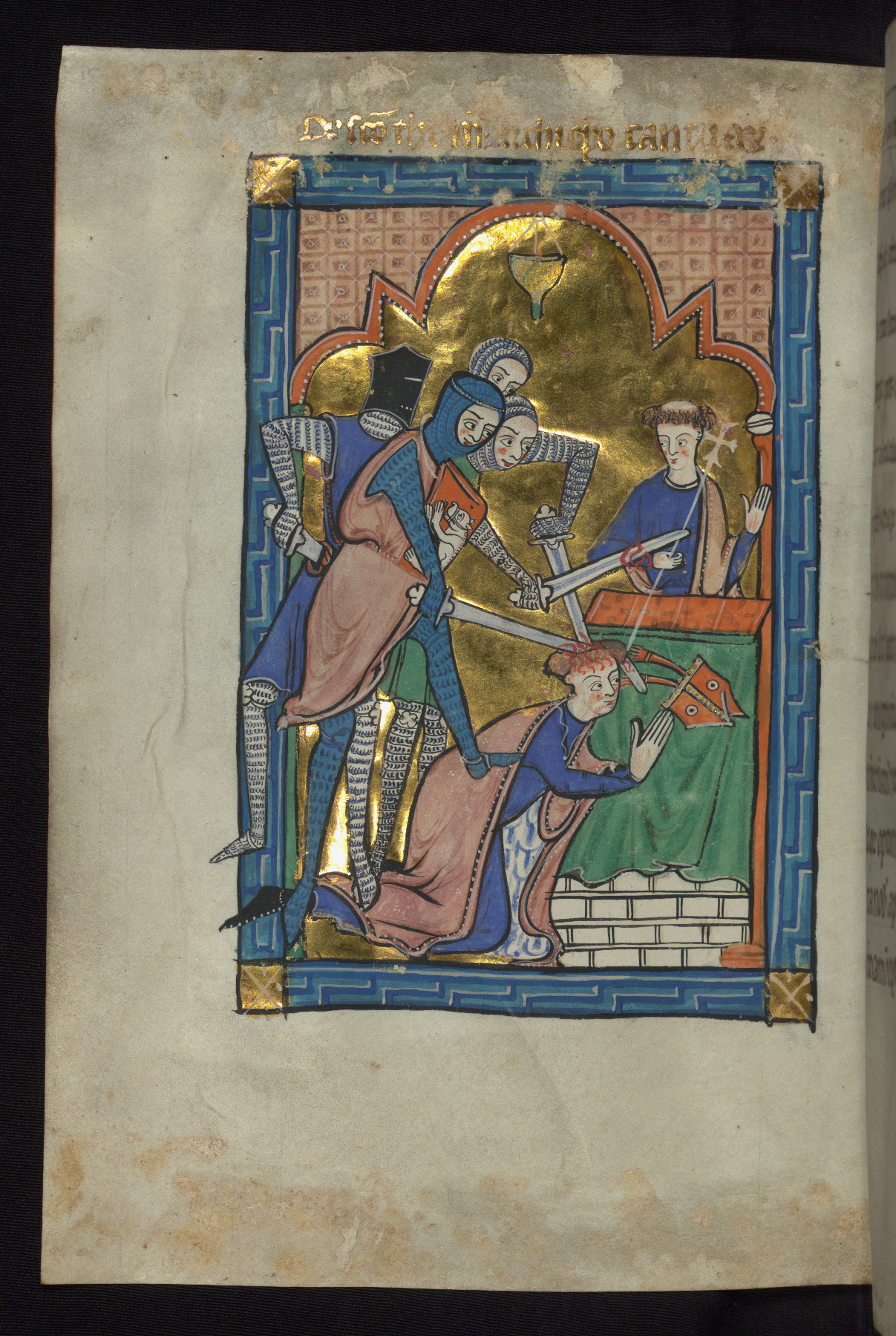 |
| Walters MS W. 34, fol. 15v. |
But in light of recent events, the Middle Ages are more important than ever. They offer an example of what cataclysmic demographic, political, religious, cultural, and economic change look like. Both halves of the Roman Empire provide object lessons in the perils posed to stability when the ruling elite becomes corrupt and sclerotic, and when abrupt demographic change occurs. By studying the medieval period we can see what happens--on a large scale--during a period of sustained climate change. The Middle Ages offer a mirror of what it looks like to live outside of the paradigm of progress. Medieval is the new modern.
No comments:
Post a Comment